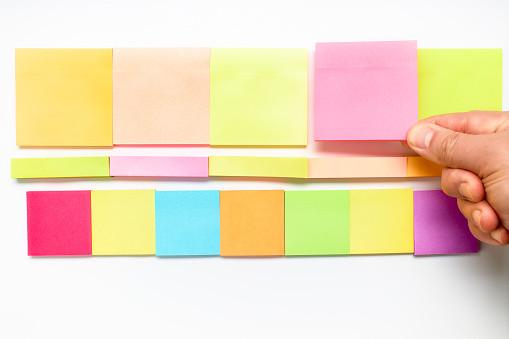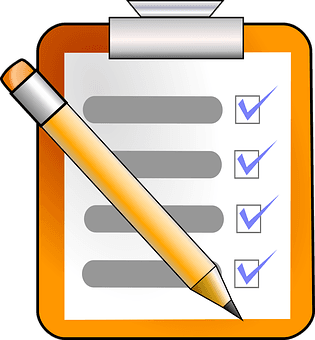A Guide to Writing a Personal Statement for Grad School Applications
Curated from: grammarly.com
Ideas, facts & insights covering these topics:
6 ideas
·179 reads
Explore the World's Best Ideas
Join today and uncover 100+ curated journeys from 50+ topics. Unlock access to our mobile app with extensive features.
Writing a personal statement for graduate school
You'll likely be required to write and submit a personal statement as part of the application process to graduate school.
A personal statement is a short essay, two to three pages, explaining why you're applying to the program and why you are a unique applicant. Writing your personal statement is the best way to show off your personality. It helps the admission committee better understand who you are outside of your professional and academic experience that will make you a good prospect for the program.
11
45 reads
Brainstorm before you write your personal statement
The first step to writing an outstanding personal statement is to take some time to reflect. Writing prompts can serve as a foundation for your personal statement.
- What are my short-term and long-term goals? Will acceptance into this program help me achieve them?
- What are my strengths and how can these benefit the program?
- What life experience or interest is so meaningful that I would devote years to exploring the topic?
- Is there someone who has significantly impacted my life or character? Describe.
- What do I want the people reviewing my application to know about me?
10
29 reads
Aspect of a strong personal statement
A great personal statement capture who you are as a person.
- Your story is unique. The more authentic you are, the better.
- Your personal statement should be complete. You want to give your audience all the information they might need to decide on your application.
- It should be mistake-free.
10
25 reads
7 dos for a personal statement
- Include examples. Back up any claims you make. For example, you can prove that you're driven by sharing that you balanced a job with school to pay down student loans.
- Be yourself. Be authentic when crafting your personal statement.
- Do your research. Ensure you know what you're getting yourself into.
- Grab their attention. Think of an instance that shaped you and jump right into the story. Keep it short and engaging,
- Remember your audience. Stay professional.
- Address the prompt in your personal statement.
- Revise and proofread
11
27 reads
3 Don'ts for a personal statement
- Don’t be presumptuous. “I know my personal statement for grad school is the best, and I have no doubt that I’ll get in everywhere I apply.”
- Don’t use platitudes or clichés. Avoid starting your essay with a quote, definition, or anything else that signals the obvious fact that time has passed and you’re now applying for graduate school. "From a young age..." or "I've always been interested in ..."
- Don’t overshare. It is not an autobiography. Pick one or two life events that shaped your desire to apply to grad school, but don't share your entire life story.
11
26 reads
Crafting your personal statement
Start with an outline:
- Introduction. Include a hook that captures your reader's attention.
- Body paragraphs. The paragraphs explain your motivations for applying. Include examples of characteristics you want to share, such as a challenge you overcame.
- Conclusion. Discuss future plans and why acceptance into your desired program would benefit you.
The final paragraph should be just as good as your hook. You want the audience to remember your paper.
10
27 reads
IDEAS CURATED BY
Milo 's ideas are part of this journey:
Learn more about writing with this collection
Effective note-taking techniques
Test-taking strategies
How to create a study schedule
Related collections
Similar ideas
4 ideas
How to write a personal mission statement ~ Get Rich Slowly
getrichslowly.org
5 ideas
Importance of Developing a Personal Mission Statement
everydaypower.com
7 ideas
Writing is the best personal growth tool
nesslabs.com
Read & Learn
20x Faster
without
deepstash
with
deepstash
with
deepstash
Personalized microlearning
—
100+ Learning Journeys
—
Access to 200,000+ ideas
—
Access to the mobile app
—
Unlimited idea saving
—
—
Unlimited history
—
—
Unlimited listening to ideas
—
—
Downloading & offline access
—
—
Supercharge your mind with one idea per day
Enter your email and spend 1 minute every day to learn something new.
I agree to receive email updates




